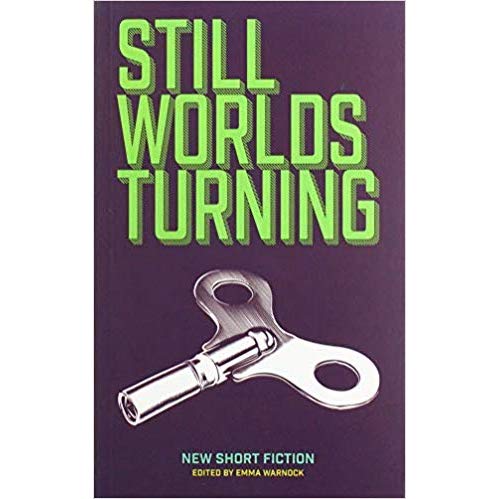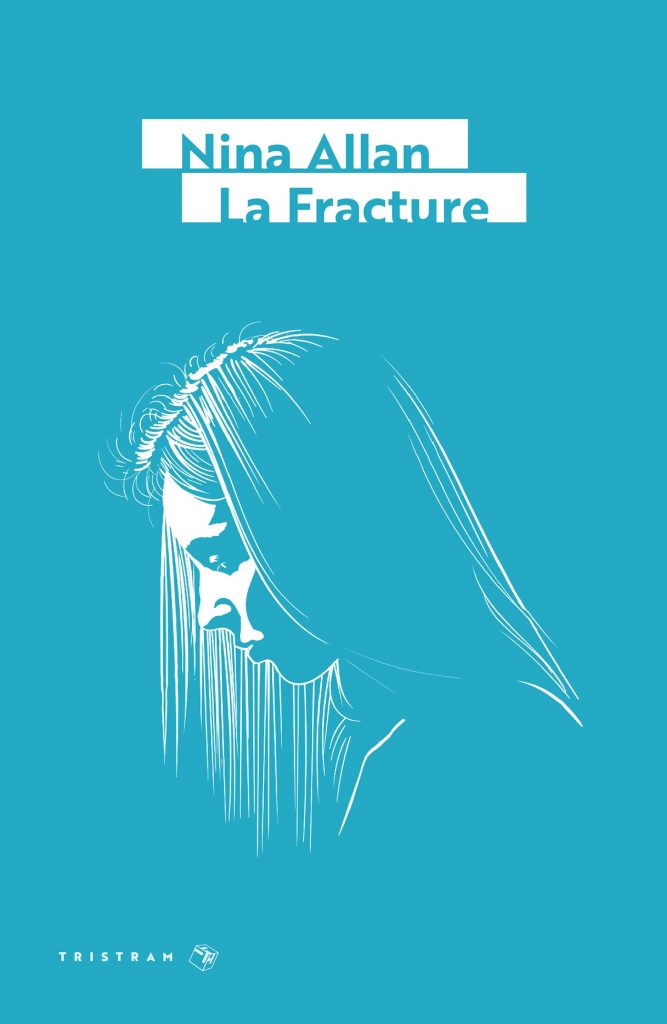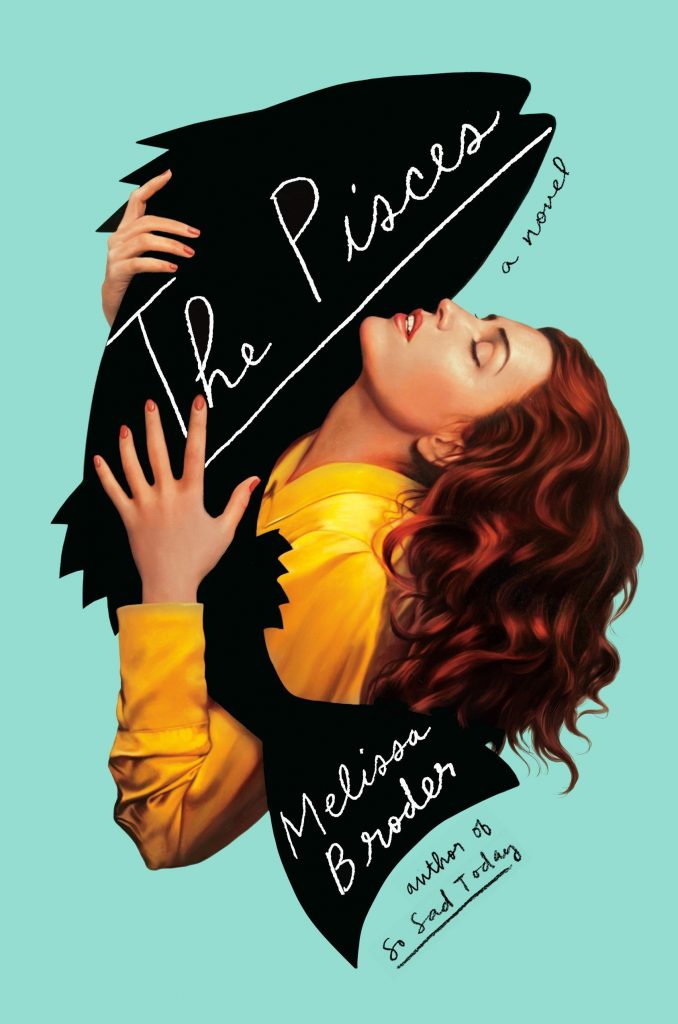Still Worlds Turning is an anthology of new contemporary short fiction edited by Emma Warnock and published by No Alibis Press, an independent imprint run from a bookshop of the same name in Belfast. This was one of the books I decided to take with me to read at Worldcon, due to its firm (though by no means exclusive) focus on Irish writers.
Anthologies are strange beasts. At their best, they are genuinely eye-opening. At their worst, they are shapeless, uneven in quality and, occasionally, pointless. As with single-author collections, my taste in anthologies is very much for those that have a coherence about them, not necessarily in terms of theme (themed anthologies can quickly lose their appeal) but in terms of approach. They should have something to say, in other words – a sense of direction, a message to communicate about the state of fiction now.

Happily, Still Worlds Turning has all the radicalism and cohesion you could possibly wish for. Reading it is like being a fly on the wall at a gathering of talent so fresh and so furious it is almost gladiatorial.
Some of the writers included – Eley Williams, Joanna Walsh, Wendy Erskine, Sam Thompson, Jan Carson, Lucy Caldwell – were already familiar to me, the others new names. The quality was consistent throughout and while the the editor has deliberately shied away from imposing any overarching theme on Still Worlds Turning, what these stories have in common is a rawness and intensity of approach, a willingness to wrestle with the stuff of language. In the hands of these writers, the short story is cast not as a precious jewel, refined and entire unto itself, but as a living drama constantly evolving before our eyes. There is humour here, and pathos, where humour is a defining feature of resilience.
And for those who are into theme, it is there to be found. No doubt it was my own gothic sensibilities that led me to discern in this anthology a through-thread of the uncanny, not just in Sam Thompson’s appropriately named ‘Seafront Gothic’, but also in Lucy Caldwell’s disturbing and eerie ‘Night Waking’, Daniel Hickey’s brilliant and brutal – and very funny – ‘The Longford Chronicle’ (think/dream Boris Johnson meets The Hunger Games), Laura-Blaise McDowall’s strange and lovely ‘Balloon Animals’, and Mandy Taggart’s poignantly Faustian ‘Burn’.
There are stories here that I found challenging, not so much in the way they are written but in the vision they present. Judyth Emanuel’s ‘Tw ink le’, Jan Carson’s ‘The World Ending in Fire’, Dawn Watson’s ‘The Seaview Hundred and Fifty-Two’ and Lauren Foley’s ‘Molly & Jack at the Seaside’ in particular are viscerally raw snapshots of life at the margins but I count this very much as a plus because these are stories that need to be heard. I would point readers towards Lauren Foley’s account of Molly’s journey to publication for a sobering insight into how difficult it can be – still – to find publishers willing to take the risk with uncomfortable material, even when the editors themselves profess admiration for the work.
No Alibis and Emma Warnock should be commended for taking that risk. Still Worlds Turning deserves notice as a key reference point for what is happening in fiction right now. Here is a generation of writers delving deep into issues of community, poverty, sexuality and trauma whose work does not just feel timely, it feels urgent. Above all, these are stories that demonstrate the power and the beauty of language, in which the gaps in language say almost as much as the words themselves, in which form is as vital as content. Read and learn.


